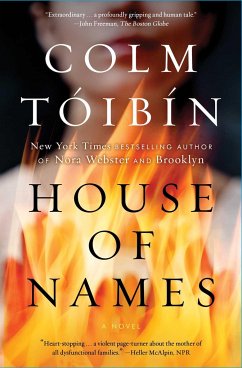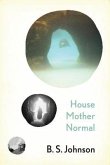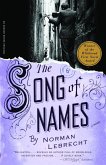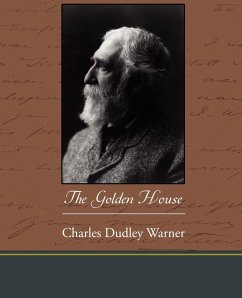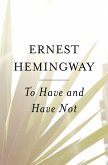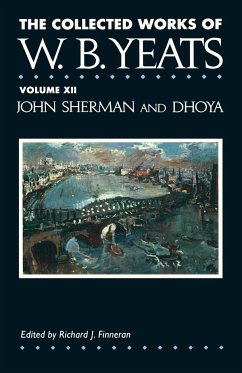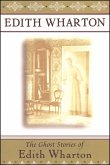Having sacrificed his daughter Iphigenia to the gods to make the winds turn, the legendary Greek king Agamemnon returns home after the success in Troy. Yet, his wife Clytemnestra cannot forgive him and together with Aegisthus, her new lover, she plans the murder of her husband. To spare their son
Orestes this tragedy, she has him abducted to a faraway place where he will spend the next years and…mehrHaving sacrificed his daughter Iphigenia to the gods to make the winds turn, the legendary Greek king Agamemnon returns home after the success in Troy. Yet, his wife Clytemnestra cannot forgive him and together with Aegisthus, her new lover, she plans the murder of her husband. To spare their son Orestes this tragedy, she has him abducted to a faraway place where he will spend the next years and only come back as an adult. On his return, Orestes find the palace dramatically changed. His sister Electra is his only confidant and she convinces him that revenge for the mother’s plot is necessary.
Colm Tóibín has chosen characters of classic Greek mythology for his latest novel. Even though most of their stories are well known since they have been told by Aeschylus, Sophocles and Euripides 2500 years ago and repeatedly been presented on stages all over the world, they have not lost any of their power and relevance. Yet, “House of Names” is not just a repetition of the old story, Colm Tóibín freely adapted the plots and character traits to thus create a new version which is absolutely convincing and entertaining.
What I liked most was having the different characters tell their own stories from their point of view. Thus, chronology is broken up, but we get a much deeper idea of the protagonists and their motives. First of all, Clytemnestra. Her being lured by murder to revenge her daughter and the hatred she feels for Agamemnon is quite impressive. She is a strong woman who can assert herself – but, on the other hand, it is her lover who manipulates her to get into power himself. When it comes to her guilt, especially in front of her son, her outer appearance collapses and suddenly, she is haunted and cannot leave planet earth even after death. She is trapped.
Electra is her actual opponent. It is the daughter’s scheme that finally kills the mother, in their cold-bloodedness, both women are equal. They only differ in the question of the gods’ accountability for what happens on earth.
Orestes is the tragic hero. He wants peace more than anything else, but is tempted into his family’s and friends’ conspiracies under false pretence and thus commits crimes unintentionally. Too weak to force his inherent right to the throne, he has to stand on the side-line when other shape the state.
As said before, the ancient stories have lost nothing of their significance over the time. Most of the seven deadly sins can be found in the story: e.g. Aegisthus’ lust, Electra’s wrath, or Clytemnestra’s pride. Orestes shows some virtues to oppose the negativity: he is kind, especially towards Ianthe, patient when he listens to the elders and in is exile, chaste and generally temperate in his emotions. Good and evil fight over predominance in the world – that’s what we can see in the news every day. Even though the main conflict is an old story, you can easily detect how modern the characters are and this renders the novel relevant also today. Thus, a very successful transformation into our time.

